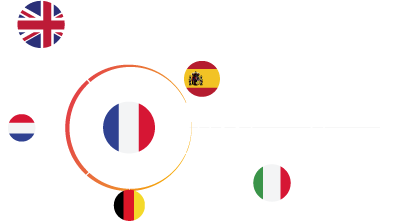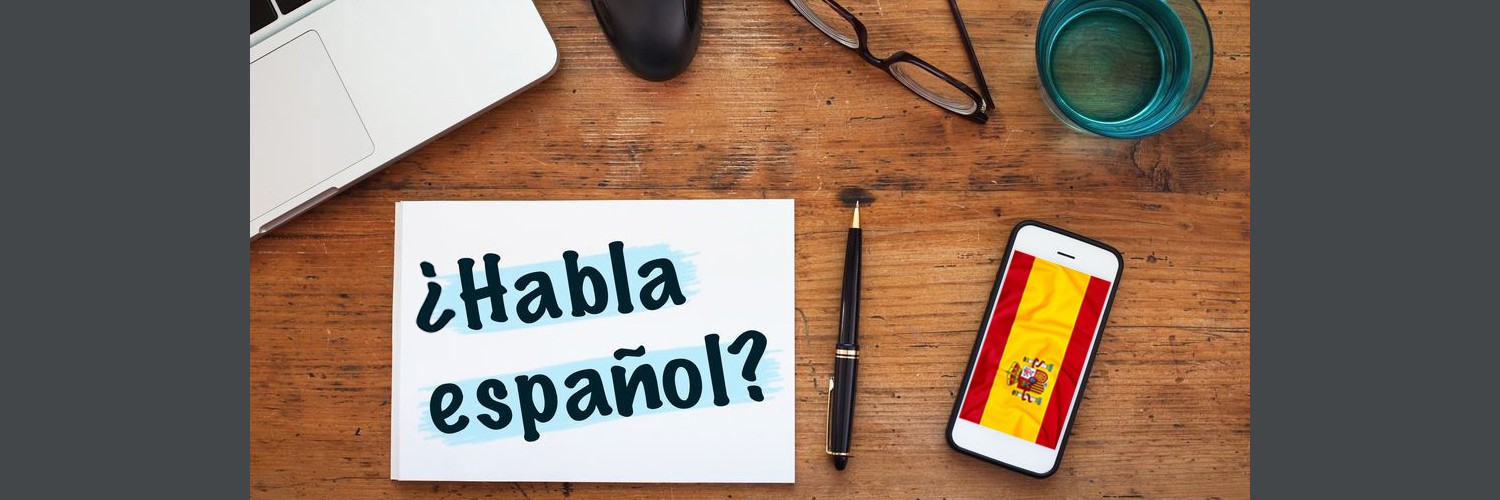Or simply willing to discover an innovative learning method ?
Linguistica was born from a simple observation: no structure allows to take into account the individuality of the learner when learning foreign languages. Therefore, we are willing to test for free your learning type (cognitive style) as well as your current linguistic knowledge in all its aspects (spoken language, writing, reading, listening, grammar, conjugation and vocabulary) so as to :

- facilitate,
- determine,
- personalise,
- plan,
- optimise,
the learning method that will benefit you the most in terms of time and efficiency during your learning journey.

The Linguistica innovative approach is both scientific, using the latest advances in neuro-psycho-linguistics, didactics and speech therapy but also playful, original and effective.
Our methods are intended for all neurotypical or pathologicalaudience (High Potential, Dyslexia, Dyspraxia, Dysgraphia, attention disorders or learning disorders, etc.), all ages (children, adolescents and adults) and all occupations (employment seekers, doctors, secretaries, salesmen, teachers, administrative employees, international traders, IT specialists, social workers, bankers, insurers, accountants, etc.).
Learning a foreign language goes far beyond the mere acquisition of new knowledge; it has a meaning in itself and allows to learn other subjects. It therefore falls under the category of soft skills rather than know how. What is at stake is posed in terms of values, learning tolerance, discovery of another culture, confrontation to what is different from oneself, in short, a new way to :

- listen
- reason
- think
- express oneself
- change
- conceptualise
- and communicate.

In this, the learner is faced with a coherent system of different signs whose meaning is already familiar, with an art of living, habits, traditions that will push them to question themselves and make them aware of their own system of signs, their culture and identity. They will find that in Europe nothing is ever totally different, or quite the same.
Learning a foreign language is to discover the Other in all their richness and diversity. Speaking their language is to accept willingly another system of signs, another way of thinking, of living, in short, to see the world from a different perspective to allow for internal and external changes…
Isn’t it wonderful to see that based on a definite system of sounds and signs, humankind manages to create an infinity of sentences and a multitude of meanings? The more languages they will master, the more they will create an infinity of meanings to express themselves…
Leo




